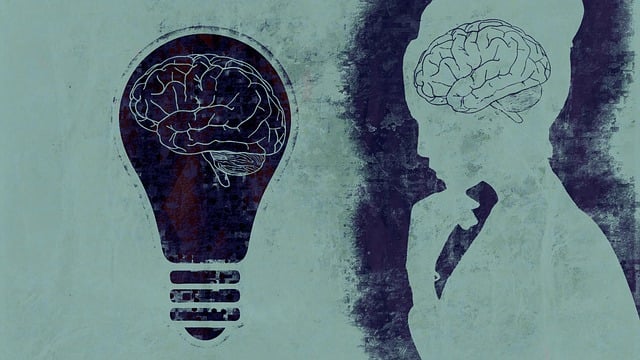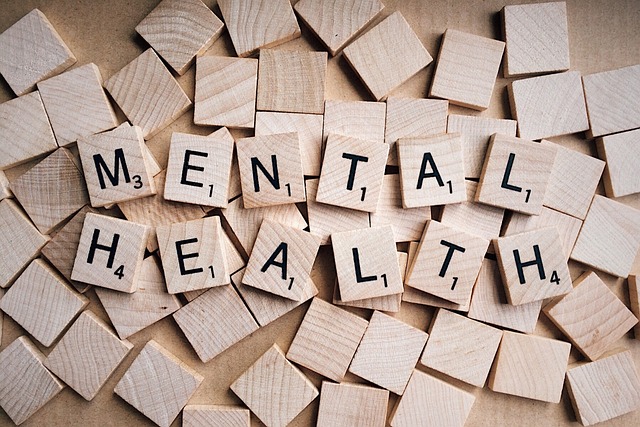Personalized self-care routines, developed through understanding unique mental health needs and leveraging evidence-based techniques like Wheat Ridge Cognitive Behavioral Therapy (WRCBT), are key to preventing burnout and maintaining long-term mental wellness. By identifying emotional triggers, incorporating practices that nourish mind, body, and spirit, and consistently reflecting on progress, individuals can build resilience and improve their overall emotional well-being. WRCBT offers effective CBT strategies for mood management and empowers clients to take an active role in their mental health through personalized self-care coaching programs.
“Unwind, rejuvenate, and prioritize your mental wellness with our comprehensive guide to self-care routine development. In today’s fast-paced world, it’s crucial to understand your unique mental health needs through personal assessment. Discover how Wheat Ridge Cognitive Behavioral Therapy (WR-CBT) techniques can be a game-changer in fostering resilience and well-being. Learn practical strategies for crafting a daily wellness routine that sticks, along with methods to sustain progress and track your journey towards a healthier mind. Let’s embark on transforming your mental wellness.”
- Understanding Your Mental Health Needs: A Personal Assessment
- The Foundation of Self-Care: Exploring Wheat Ridge Cognitive Behavioral Therapy Techniques
- Crafting Your Routine: Practical Strategies for Daily Wellness
- Sustaining and Tracking Progress: Building a Lasting Mental Wellness Practice
Understanding Your Mental Health Needs: A Personal Assessment

Understanding your mental health needs is a crucial first step in developing an effective self-care routine. It’s akin to knowing which tools are necessary for a successful home repair—you can’t effectively fix a leaky faucet with a hammer. Similarly, addressing anxiety or depression requires tailored strategies. For instance, someone struggling with persistent worry might benefit from Cognitive Behavioral Therapy (Wheat Ridge Cognitive Behavioral Therapy) techniques to reframe negative thought patterns. Others may find relief through Compassion Cultivation Practices, fostering self-compassion and resilience in the face of stress.
Personal assessment involves introspection and honesty about your emotional landscape. Are you feeling overwhelmed? Do certain triggers set off feelings of anxiety or sadness? Recognizing these patterns is vital for preventing burnout and creating a sustainable self-care plan. Incorporate practices that nourish your mind, body, and spirit—be it meditation, exercise, creative outlets, or connecting with loved ones—to build resilience and maintain overall mental wellness.
The Foundation of Self-Care: Exploring Wheat Ridge Cognitive Behavioral Therapy Techniques

Self-care is a cornerstone of maintaining and enhancing mental wellness. At its core, effective self-care involves learning and practicing healthy coping mechanisms that address emotional, physical, and psychological needs. Among various therapeutic approaches, Wheat Ridge Cognitive Behavioral Therapy (WRCBT) stands out as a powerful tool for cultivating robust self-care routines.
WRCBT focuses on identifying and changing negative thought patterns and behaviors, thereby improving mood management. This therapy encourages individuals to develop personalized strategies for dealing with stress, anxiety, and depression. By mastering techniques like cognitive restructuring and problem-solving, clients gain insights into their emotional responses and learn to regulate them effectively. Moreover, WRCBT promotes mental wellness coaching programs that empower individuals to take charge of their well-being, fostering a sense of agency crucial for sustained self-care practices. Community outreach program implementation also plays a vital role in making these therapeutic benefits accessible to a broader audience.
Crafting Your Routine: Practical Strategies for Daily Wellness

Crafting a mental wellness self-care routine is an empowering step towards improving your overall emotional well-being. It’s a personal journey, and what works for someone else might not resonate with you. Start by identifying areas that need attention—is it managing stress, cultivating positive thinking, or incorporating mindfulness? This awareness will guide your strategy.
Consider integrating practical techniques like regular exercise, keeping a gratitude journal, or practicing mindfulness meditation, which are backed by Wheat Ridge Cognitive Behavioral Therapy (CBT) as effective emotional well-being promotion techniques. These strategies, coupled with consistent self-reflection and adjustment, can revolutionize your mental health journey. Remember, it’s not about perfection but progress—small, sustainable changes that stick over time.
Sustaining and Tracking Progress: Building a Lasting Mental Wellness Practice

Sustaining a mental wellness self-care routine requires consistent effort and clear tracking of progress. It’s not just about adopting new practices but making them an integral part of your daily or weekly rituals. Consider incorporating activities that align with evidence-based techniques like Wheat Ridge Cognitive Behavioral Therapy (WRCBT), which focuses on identifying and changing negative thought patterns. Regular reflection is key; assess how these strategies impact your overall well-being through self-monitoring tools.
Tracking progress can involve journaling, using mental wellness apps, or setting reminders for check-ins with yourself. These methods allow you to identify trends, recognize achievements, and make adjustments as needed. Just like producing a successful Mental Wellness Podcast Series involves planning, editing, and consistent communication strategies, building a lasting self-care practice demands dedication, self-awareness, and adaptability.
Developing a mental wellness self-care routine is a transformative journey, one that can profoundly enhance your overall well-being. By understanding your unique mental health needs through personal assessment and leveraging evidence-based practices like Wheat Ridge Cognitive Behavioral Therapy (WR-CBT), you can create a tailored routine that addresses your specific challenges. Practical strategies for daily wellness, combined with consistent tracking of progress, ensure that this practice becomes an integral part of your life, fostering resilience and promoting sustained mental health. WR-CBT serves as a powerful tool in navigating this journey, providing effective techniques to manage stress, improve mood, and cultivate a deeper sense of balance and contentment.














